LIVED DIVERSITIES
Space, place and identities in the
multi-ethnic city
Charles Husband, Yunis Alam,
Jrg Httermann and Joanna Fomina
First published in Great Britain in 2014 by
Policy Press University of Bristol 1-9 Old Park Hill Bristol BS2 8BB UK Tel +44 (0)117 954 5940 e-mail
North American office: Policy Press c/o The University of Chicago Press 1427 East 60th Street Chicago, IL 60637, USA t: +1 773 702 7700 f: +1 773-702-9756
www.policypress.co.uk
Policy Press 2014
British Library Cataloguing in Publication Data
A catalogue record for this book is available from the British Library
Library of Congress Cataloging-in-Publication Data
A catalog record for this book has been requested
ISBN 9781447321125 ePub
ISBN 9781447321132 Kindle
The right of Charles Husband, Yunis Alam, Jrg Httermann and Joanna Fomina to be identified as authors of this work has been asserted by them in accordance with the Copyright, Designs and Patents Act 1988.
All rights reserved: no part of this publication may be reproduced, stored in a retrieval system, or transmitted in any form or by any means, electronic, mechanical, photocopying, recording, or otherwise without the prior permission of Policy Press.
The statements and opinions contained within this publication are solely those of the authors and not of the University of Bristol or Policy Press. The University of Bristol and Policy Press disclaim responsibility for any injury to persons or property resulting from any material published in this publication.
Policy Press works to counter discrimination on grounds of gender, race, disability, age and sexuality.
Cover design by Andrew Corbett
Front cover image: Panos Pictures
Readers Guide
This book has been optimised for PDA.
Tables may have been presented to accommodate this devices limitations.
Image presentation is limited by this devices limitations.
To Eileen Welsh:
an astute and empathetic observer of the
human condition, and an example to us all of
sustained commitment to others
Contents
About the authors
Yunis Alam is a lecturer in the Division of Social Sciences and Criminal Justice Studies at the University of Bradford, UK. His teaching and research interests include ethnic relations and social cohesion, popular culture, post-colonial literature and ethnographic research.
Joanna Fomina is a researcher and policy analyst. Her research interests include migration and cultural diversity, Polish diaspora in the UK, civic participation of migrants, border management as well as democratisation in Eastern Europe. She has authored a number of articles, research reports and policy papers as well as a book on British multiculturalism.
Charles Husband is an interdisciplinary social scientist with a commitment to policy relevant research in the area of ethnic relations. He is professor emeritus in social analysis at the University of Bradford (UK), docent in sociology at the University of Helsinki (Finland) and visiting professor at the Smi University College (Guovdageaidnu, Norway).
Jrg Httermann is a research fellow at the Max Planck Institute for the Study of Religious and Ethnic Diversity, Gttingen University, Germany. He has worked in recent years as a researcher at the Institute for Interdisciplinary Research on Conflict and Violence Research at Bielefeld University. His research has sought to illuminate the constructive potential of conflict for multi-ethnic societies.
Acknowledgements
This book is a product of a project that was carried out under the aegis of a grant from the Deutsche Forschungsgemeinschaft (DFG) (Germany) with Professor William Heitmeyer and Dr Jrg Httermann (project director), entitled Immigration, figuration, conflict. A comparative space analysis in Bradford and Duisberg.
The data here could not have been generated without the willing cooperation of the very many people who were interviewed; and those who shared their experiences and views in casual conversation: and we recognise our indebtedness to them.
Other colleagues have been valued participants in a number of ways, and here we should mention Dr Tom Cockburn, Dr Nathan Manning, Professor Tom Moring, colleagues at the Helsinki Collegium for Advanced Study and particularly Ms R

ta Kazlauskait

-Grbz for her invaluable insights and fieldwork.
The team of Yunis, Jrg, Joanna and Charlie have benefitted from their friends and colleagues in differing national contexts who have fed their enthusiasm and tenacity in bringing this monograph to completion.
We are very grateful to the team at Policy Press for their friendly and efficient support, in particular Laura Greaves, Laura Vickers, and Emily Watt, and to Alan Halfpenny and Liz Fawcett in their editorial staff who have so efficiently scanned our text and helped us to reduce the flaws in our script.
CHAPTER ONE
Introduction
Location, Location, Location. Indeed, yes. Where would we wish to live? Low-cost television has found, if not exactly a specific, tightly defined genre, then at least a theme that has wide televisual appeal, namely, our homes and where, and often how, we would wish them to be. Whether it is sending intrepid scouts into the rural idylls of Midsommershire in pursuit of that house for under 600,000 that will address the dearest aspirations of nice people in urban flight, or the opportunity to follow inspired and obsessed couples building their own architectural Elysium in making over a neglected property, or less financially well-resourced individuals buying properties at auction and converting them into properties that we feel comfortable in critically appraising, the message is clearly out there: houses and homes are a national fixation. Newsagents shelves are heavily stocked with magazines that both nurture and reflect widespread individual aspirations regarding the quality of their homes and gardens. Home improvement provides a major market for weekend shopping in heavily utilised outlets. Whether it is a modest back-to-back in a working-class terrace or a detached mansion, individuals have a demonstrable capacity to make strong affiliations with the place where they live. A reflection of this will be apparent in the chapters that follow.
However, we must note that in this daily encounter with human dwellings, the location and amenities surrounding the property are as worthy of close inspection as the property itself. As a nation, we have a finely tuned repertoire of diagnostic categories whereby we are able to evaluate the desirable and undesirable characteristics of different locales. The person in the street does not need the sociological insights of Norbert Elias (Elias and Scotson, 1965) in order to talk fluently about the territorial demarcations that operate in the areas where they live. The boundaries between the desirable and the rough, between the established and the incomers, and between the respectable and disreputable are typically well-rehearsed social boundaries. The criteria that justify these certitudes are rehearsed and validated in exchanges of emotionally rich expressions of opinion, shared between in-group members as they record the most recent violation of their territorial dignity.


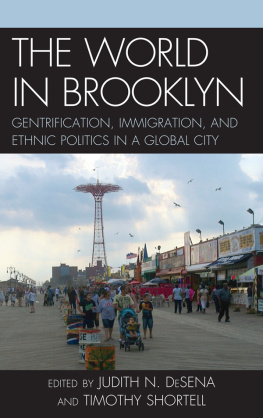
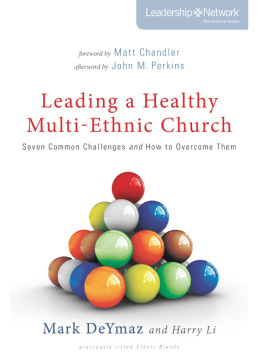


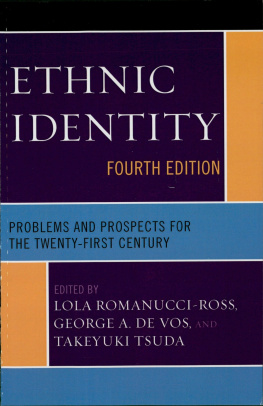
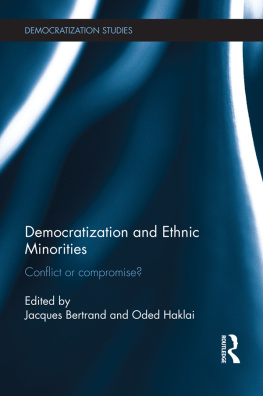
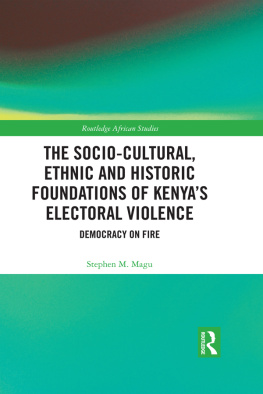
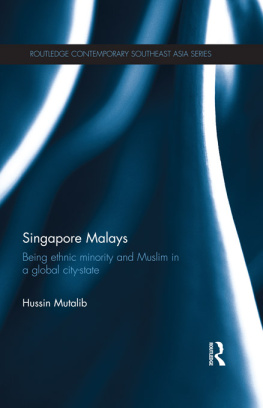
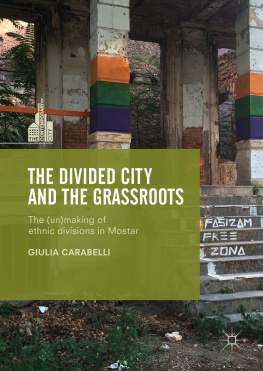


 ta Kazlauskait
ta Kazlauskait -Grbz for her invaluable insights and fieldwork.
-Grbz for her invaluable insights and fieldwork.